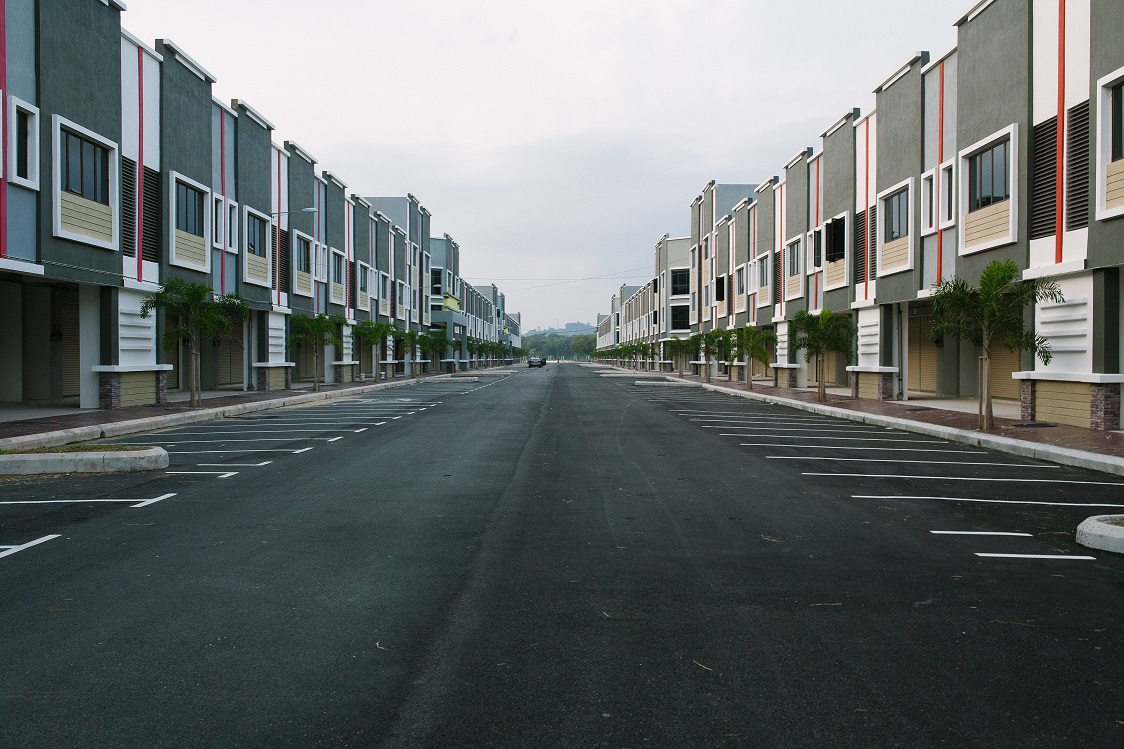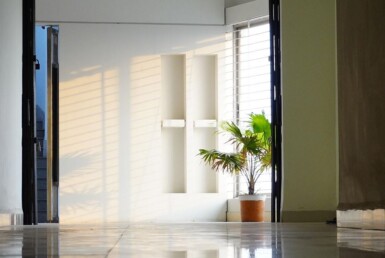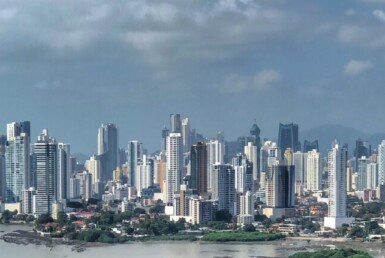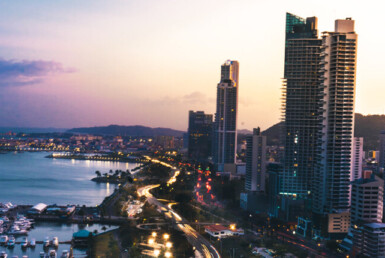Housing bubbles: what causes them?

Growing demand of any asset leads to higher prices, and higher prices leads to speculation. Market speculations can bring high returns for many investors; however, the more speculation is in an economy based on an asset, the more the bubble keeps forming. Real estate is not an exemption of this phenomenon, many markets have experienced a housing bubble in many different periods.
But how exactly a housing bubble is created? In economics a bubble is defined as a cycle where asset prices grow rapidly over a period (due to maket behavior) and it is usually followed by a sudden contraction, or a bubble burst.
A real estate or housing bubble presents a similar behavior as any other asset, the housing prices go up due to increase in demand, speculations and limited supply, and is a temporary period which suddenly stops once the demand is met with oversupply of properties.
Main factors causing a housing bubble
The demand is a result of several correlated factors affecting the housing market, so a growing demand during a housing bubble usually is caused by a couple of things, one of them is the increase of the supply of credit, which usually comes together with a low interest rate, this widens the market segment for potential buyers, which get more interested in getting real estate with such good deals from the bank. Additionally, banks are more prone to the flexibilization the standards and requirements for getting credit, this further increase demand, and when the supply of properties and real estate projects does not meet, prices start going up rapidly.
Sometimes other factors can also cause a housing bubble, such as specific government policies. In United States, the government implemented several policies that encouraged home ownership, and combined with low interest rates, it took only some years for the demand and home prices to increase, encouraging more people to get into the business of buying and selling houses. This situation led to a rapid bubble growth, estimating that more than 50% of people that purchased homes during this time, under normal conditions they would not be able to afford them, and when the interests rate increased, it created a chain of events that generated the 2007-2008 financial crisis.
Does Panama has a Real Estate Bubble?
During this moment, the coronavirus situation is a very particular case, since the economy has slowed down due to the measures taken to fight the outbreak, affecting not only the real estate market but also every sector.
In Panama City in particular, the market has had an on-off situation during the last years, rent and sales prices have gone down in recent years due to a growing inventory of real estate, mainly because of a great number of projects still being developed.
This is a different situation, for example, than in the beginning of last decade, where property appreciation in the capital was very noticeable. On the other hand, there are multiple projects outside of the city, such as housing projects in the interior and beachfront properties, that are in a very competitive price and with foreseeable opportunities thanks to multiple infrastructure projects currently in planning/development, such as the beach corridor and the following Panama metro lines.




